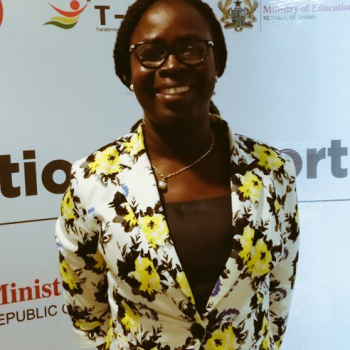Level of education, marital longevity and religion as determinants of marital stability among couples in Tamale Metropolis, Ghana

| +233 202021441 | |
| sacquah@uew.edu.gh |
Level of education, marital longevity and religion as determinants of marital stability among couples in Tamale Metropolis, Ghana
The study was a descriptive survey aimed at investigating couples’ level of education, marital longevity and religion as determinants of marital stability among couples in the Tamale Metropolis. The population of the study were married couples drawn from the Metropolis who have been married for 1-25 years and could read and understand. A sample of 381 married couples aged between 30 to 50 years was drawn from the region using stratified random sampling. A questionnaire was used to gather data for the study. Quantitative data was analysed by using one-way ANOVA. Hypothesis one revealed a statistically significant difference in marital stability of couples based on their level of education. Hypothesis two revealed a statistically significant difference in the length of marriage and marital stability of couples. For hypothesis 3, it was revealed that there is a statistically significant differences in marital stability among couples based on their religion. It was concluded that married couples’ levels of education, how long they have
been married and couples’ religion were key determinants of marital stability among couples. It is therefore recommended that couples intending to marry should have some level of education to effectively resolve conflicts during marriage. Also, couples should be educated on the need to stay longer in marriage despite conflicts and misunderstandings and adherence to religious practices, values and teachings on marriage should be adhered to.
